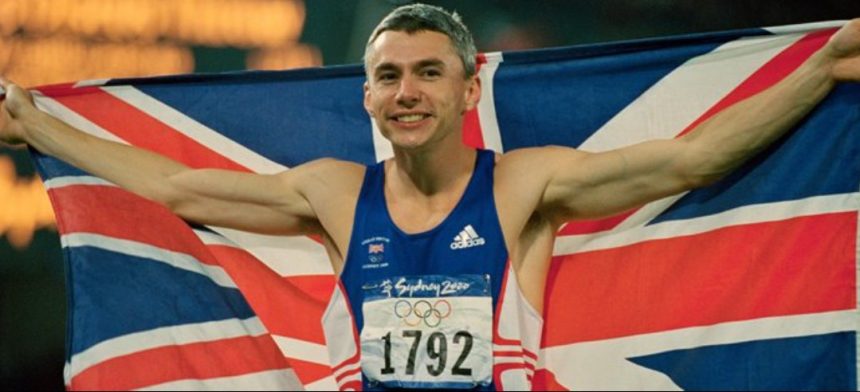Jonathan Edwards Raises Concern Over 30-Year-Old Triple Jump Record
British athletics legend Jonathan Edwards has voiced concerns about the state of his sport, admitting that the longevity of his 30-year-old world record might reflect poorly on athletics’ growth and progress.
“I don’t think it’s a good sign for athletics as a sport that you have a record that stands for 30 years.”
Edwards’ iconic 18.29m triple jump, achieved on 7 August 1995 at the World Championships in Gothenburg, still stands unmatched today. While the feat remains a symbol of excellence, Edwards is surprised it has lasted this long, given the advancements in sports science and training.
“When you think of all the developments in sports science, nutrition, training methods, all of those things, I don’t think it necessarily speaks to a really healthy and thriving sport, if I’m honest,” he told BBC Sport.
He’s still the only Briton holding a track and field world record in a regularly contested event. Yet his worry stems from the belief that records, by nature, are meant to be broken. So why has no one done it?
In 1995, Edwards wasn’t just good, he was untouchable. At the Ullevi Stadium in Gothenburg, he rewrote the record books in style. No athlete had previously jumped legally beyond 18 metres. Edwards did it twice in one afternoon.
First came an 18.16m opener. Then, 20 minutes later, he soared to 18.29m. Unprecedented. Unmatched.
He had arrived in Sweden as the favourite, already holding a world best of 17.98m and a wind-assisted leap of 18.43m. His form was undeniable. His execution was flawless.
Despite his calm performance, Edwards admitted he was nervous. So much so, he bought sunglasses at the airport to mask his eyes during warm-up.
His rivals saw something else entirely. “In our training sessions, we studied Edwards videos day in, day out,” said Jerome Romain, who claimed bronze that day. “It was just remarkable the things that he did.”
Silver medallist Brian Wellman said Edwards succeeded because “he was the most efficient triple jumper out there”.
Today, Edwards believes part of the reason his record still stands is because athletics hasn’t evolved at the same pace as other sports. He feels the professionalisation of athletics has lagged behind, making it a less attractive path for gifted young athletes.
“It doesn’t offer the same rewards as other sports,” he explained. “If you’re a talented young kid, you wouldn’t necessarily pick track and field. You wouldn’t certainly pick a field event where the rewards are less than on the track.”
The commercial shift in athletics is becoming more obvious. When Olympic sprint icon Michael Johnson launched the Grand Slam Track series, with $100,000 prizes, field events weren’t included. Only races made the cut.
In the UK, the situation is even more strained. UK Sport has slashed athletics funding for the second consecutive Olympic cycle, with UK Athletics receiving 8% less support for LA 2028 compared to Paris 2024.
Atthe grassroots level, participation is dwindling. England Athletics reports increasing dropout rates, particularly among younger athletes.
Technology, oddly enough, hasn’t bridged the gap. The most longstanding men’s records today—triple jump, long jump, high jump—were all set in the early 90s. Yet, we’ve seen running records tumble thanks to new shoe tech and carbon-fibre plates.
Edwards isn’t convinced that same technology helps jumpers. “I wonder whether or not a carbon fibre plate is able to cope with the intensity of that impact and then offer anything on the rebound…
But the forces are so extreme in triple jump… I’m not sure that that sort of trampoline effect is able to have the same impact.”
Dr Tom Allen, a sports engineering expert, agrees. He says that while new shoes do improve running performance, their impact on jumping events is “likely to be small or negligible”.
So will anyone ever break 18.29m? The closest attempt came in 2015 when American Christian Taylor jumped 18.21m. Since then, no one has really come close. This season’s best is 17.80m. Last year’s Olympic title was won with a 17.86m effort.
“He [Edwards] can rest easy for a while,” said Romain. “This is not an easy feat, I’m telling you.” As for Edwards, he’s grown fond of his record. But if it ever falls, he’ll embrace it.
“It’s been a part of me for so long now,” he said. “Actually it would be nice if it carried on. It would be quite a good funeral [if there was] something down the aisle – 18.29m.” A quirky farewell for a golden leap.






